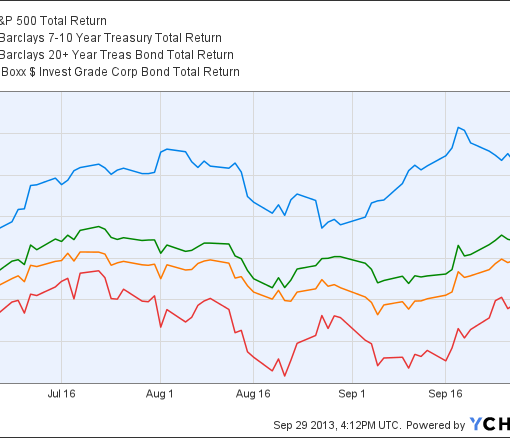Investing edges generally don’t last very long. For instance, when the January effect in small stock returns was first publicized, investors began to anticipate it by bidding up the shares of beaten down small and micro-cap stocks in December.
Then, anticipating the new December effect, investors started buying even earlier, until very soon there was no predictable profits left to be made from turn of the year strategies.
But many investors believe that the well-documented value effect is different. The value effect says that stocks that are cheap relative to some plausible proxy for intrinsic value, such as book value or earnings, will have higher future returns than stocks that are expensive.
This sounds like a strategy with more staying power than one that relies on days of the week or months of the year. After all, something will always be cheap, right? Even in the late 90’s tech bubble, there were plenty of attractive value stocks available.
Maybe not, at least in the short-run. It is possible that so many investors could eventually embrace the idea of buying relatively cheap stocks that the prices of these stocks could be bid up to levels that are not justified by company earning power or growth prospects.
Is this happening now? I don’t know, but there are at least a couple of reasons to be concerned. First, there is the relative lack of dispersion in the P/E ratios of large U.S. stocks. Second, while I don’t have any quantitative data on this, I sense a surge of interest in recent years in value investing in particular, and quantitative, mostly passive value strategies in particular.
More widespread institutional adoption of these strategies could eventually eliminate most statistical bargains, especially among the small and micro-cap names.
Some value investors argue that passive value investing strategies are likely to continue to work in the long-run because they don’t always work in the short-run. Value stocks face significant uncertainty, it takes time for the uncertainty to be resolved, and it is not possible to consistently predict when the uncertainty will be resolved.
This makes most value strategies uncomfortable for even well-seasoned professional investors, and intolerable for most investment management clients. The long-run opportunity to earn excess profits is not arbitraged away.
I more or less buy this argument. But what if everyone else has started buying it also? It could mean that the value effect disappears. But that would require the sudden emergence of many investors who collectively control large sums of money and are immune to the behavioral and institutional maladies and constraints that have allowed value to work for so long.
Alternatively, there is the somewhat ironic possibility that we could experience a “value bubble.” This time in the end the blood in the streets would be the blood of the value investors, or at least the pretenders, the summer soldiers of value investing. In this scenario the value effect would remain intact in the long-run but the degree of difficulty involved in capturing it would ratchet up.
How should an opportunistic value investor adapt? It might be prudent to heed Charlie Munger’s dictum that “all intelligent investing is value investing.” As multiples compress, it might be fruitful to focus more on the quality dimension and on estimating the value of growth opportunities.
There are ways of going about this that are more intelligent than others, but I will leave that discussion for another date. For now, suffice it to say that I may find myself searching for value in some unusual places in 2014.
On a different topic, it is time for me to fulfill a commitment that I made in my very first post on the Covestor blog back in January of 2012. In that post, I noted that over 60% of my family’s total wealth was invested in an account identical to my Covestor portfolio, and I pledged that if that situation were to change, I would disclose that information in a future post.
While I still believe strongly that a manager should “eat his own cooking,” it is now necessary for me to notify subscribers that I can no longer guarantee that I will be able to meet the specific terms of the commitment that I made. There are two reasons for this. First, my family situation has changed significantly in the past year.
Second, I am in the process of starting and registering an investment advisory business, and I am concerned that maintaining a specific commitment on how I will invest my family’s assets might raise regulatory issues.
Disclaimer: All investments involve risk and various investment strategies will not always be profitable. The reader should not assume that any investments identified were or will be profitable or that any investment recommendations or investment decisions we make in the future will be profitable. Past performance is no guarantee of future results.



